The Need to Protect Our Ecosystem
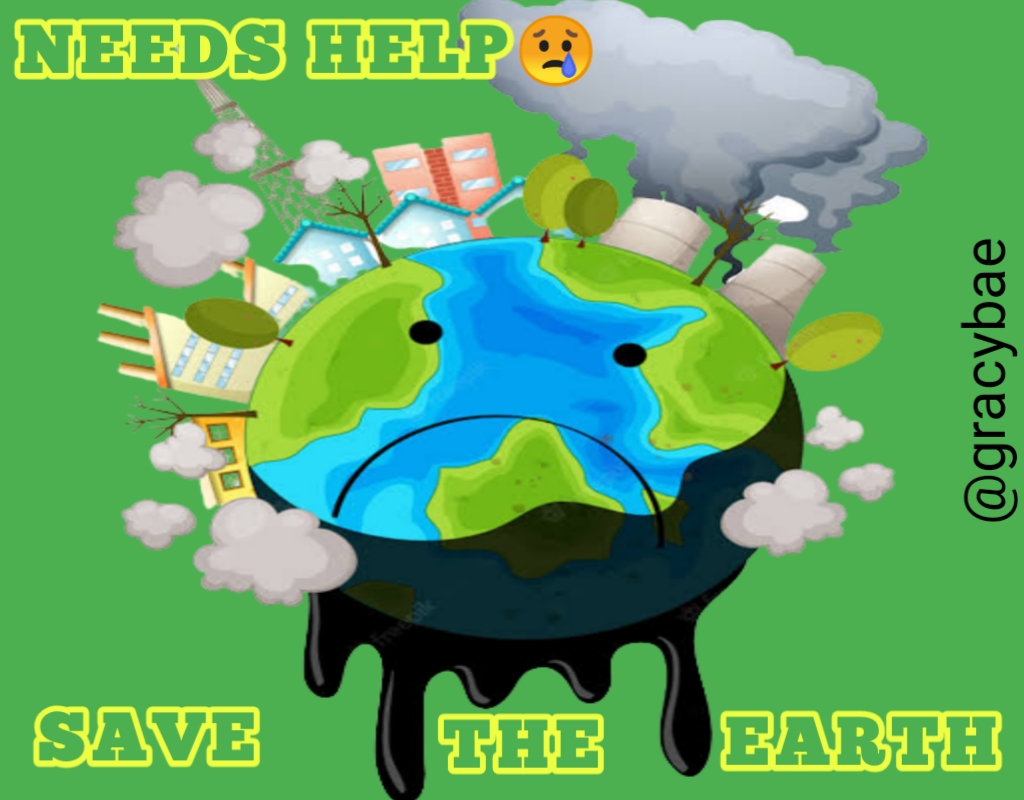
Designed using Pixellab
The earth's ecosystem is an interconnected network of living and non-living things that interact and rely on each other to sustain life. From the tiniest microbes to the tallest trees, all living creatures play a vital role in maintaining a healthy and balanced ecosystem. The ecosystem provides us with clean air and water, fertile soil, and abundant food sources, among other benefits. However, due to human activities such as deforestation, pollution, and overfishing, the delicate balance of our ecosystem is under threat. As a result, it is imperative that we take action to protect and preserve our ecosystem for future generations.
One of the major challenges facing our ecosystem is deforestation. Trees are essential to the survival of many species and play a critical role in absorbing carbon dioxide from the atmosphere, helping to regulate the Earth's climate. Deforestation, whether for commercial purposes or due to human settlement, results in the destruction of habitats and disrupts the delicate balance of the ecosystem. In addition, deforestation contributes to global warming by releasing carbon stored in trees into the atmosphere, and it can lead to soil erosion and the loss of biodiversity.
Another significant threat to our ecosystem is pollution. Pollution takes many forms, from toxic chemicals in the air and water to plastic waste in the oceans. This pollution not only harms the environment but also has significant consequences for human health. For example, air pollution from burning fossil fuels contributes to respiratory illnesses, and water pollution from agricultural runoff and industrial waste can cause cancer and other health problems.
Overfishing is another significant challenge to the health of our ecosystem. As demand for seafood continues to grow, fishing vessels are depleting fish stocks at an alarming rate, leading to the collapse of fish populations and harm to other species that rely on them for food. Overfishing also has a detrimental effect on the overall health of the ocean, as it disrupts the balance of the food chain and can lead to the decline of entire ecosystems.
THE GOOD NEWS 🤩
The good news is that there are steps we can take to protect our ecosystem. One of the most effective ways to do so is to reduce our carbon footprint by reducing energy consumption and using cleaner, more sustainable energy sources. This can be achieved through individual actions, such as using public transportation, planting trees, and reducing waste, as well as through government policies, such as investing in renewable energy and implementing environmental regulations.
Another way to protect our ecosystem is to support conservation efforts and organizations that work to protect threatened species and habitats. This includes supporting organizations that work to reduce pollution and protect marine ecosystems, as well as organizations that work to restore degraded land and protect wildlife.
The health of our ecosystem is crucial to our survival, and we must take action to protect it. From reducing our carbon footprint and supporting conservation efforts to reducing waste and conserving resources, there are many ways we can make a difference. By taking care of our planet, we can ensure that future generations have a healthy and sustainable ecosystem to call home.
Protecting our ecosystem is crucial for maintaining the delicate balance of nature and preserving the planet for future generations.
Here are 10 ways we can protect our ecosystem:
Reduce, reuse, and recycle:
Reduce the amount of waste we produce by using reusable items and recycling whenever possible.
Plant trees and protect forests:
Trees play a critical role in our ecosystem by absorbing carbon dioxide and providing habitat for wildlife. Planting trees and protecting existing forests is essential for preserving our ecosystem.
Reduce greenhouse gas emissions:
Greenhouse gases like carbon dioxide, methane, and nitrous oxide contribute to climate change and harm the ecosystem. We can reduce our carbon footprint by using energy-efficient appliances, driving less, and eating a plant-based diet.
Support clean energy:
Clean energy sources like wind, solar, and hydro power generate electricity without producing harmful emissions. By supporting clean energy, we can reduce our impact on the environment and protect our ecosystem.
Conserve water:
Water is a precious resource, and we must use it wisely. We can conserve water by fixing leaks, taking shorter showers, and using drought-resistant plants in our gardens.
Reduce use of harmful chemicals:
Pesticides, fertilizers, and other chemicals can harm the ecosystem and wildlife. We can reduce our use of harmful chemicals by choosing organic products, properly disposing of hazardous waste, and supporting sustainable agriculture practices.
Support conservation efforts:
By supporting organizations that work to protect wildlife and their habitats, we can help to preserve our ecosystem for future generations.
Reduce plastic use:
Plastic pollution is a major problem for our oceans and wildlife. We can reduce our plastic use by using reusable bags, water bottles, and containers and properly disposing of plastic waste.
Protect wetlands and other important habitats:
Wetlands, coral reefs, and other critical habitats play a vital role in our ecosystem and support a diversity of plant and animal life. We can protect these habitats by supporting conservation efforts and reducing activities that harm them.
Educate others:
By spreading the word and educating others about the importance of protecting our ecosystem, we can make a difference and help to create a more sustainable future for all.
Thanks for Reading! Please take action Now!
Hope this is the right community for this, if not, please kindly suggest the right community. Thanks
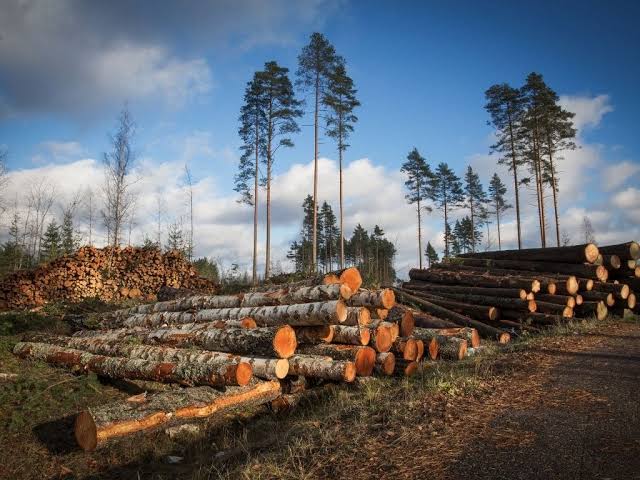
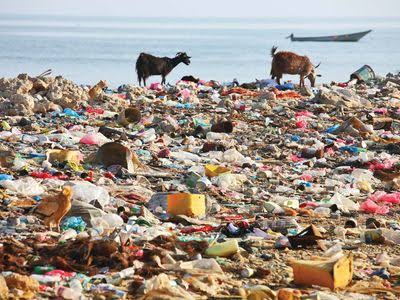
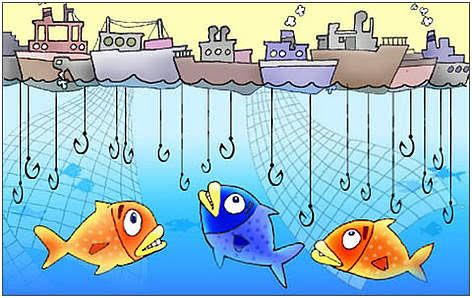
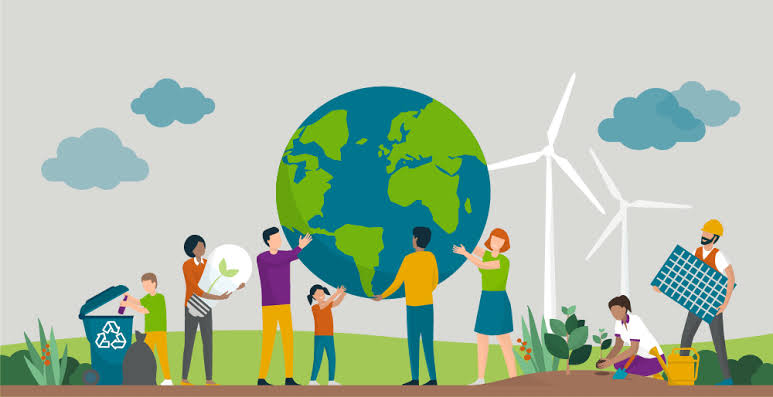
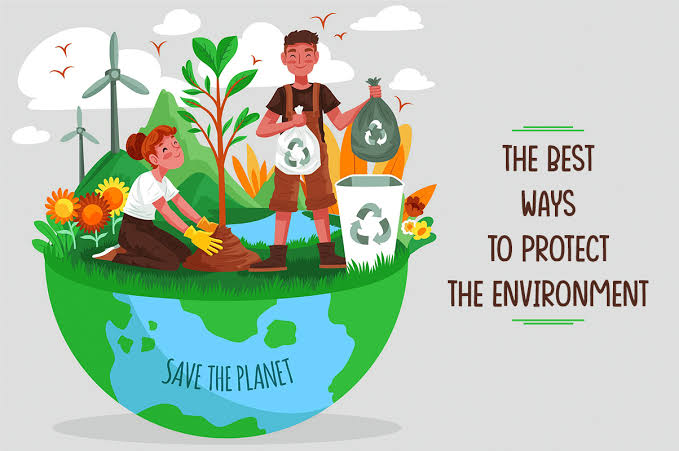
We really need to do better as humans.
The SDG helps us make use if our resources while also thinking of generations to come, but with the way we are going there might be nothing left for the generations coming.
That's true. Thanks for coming around